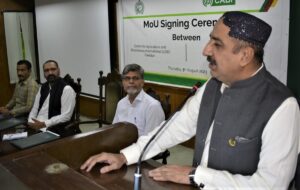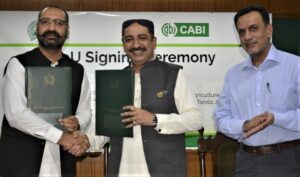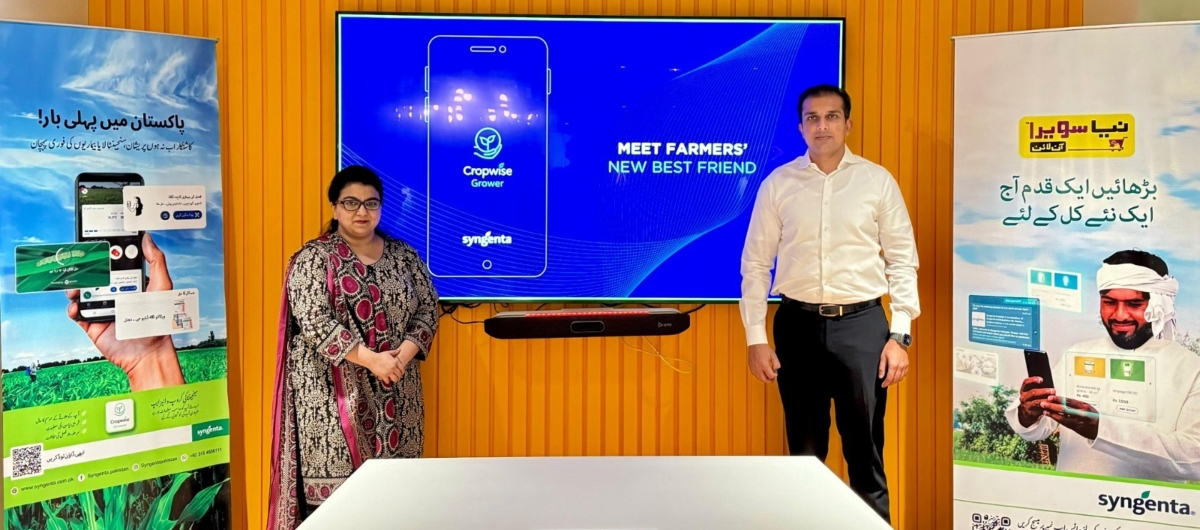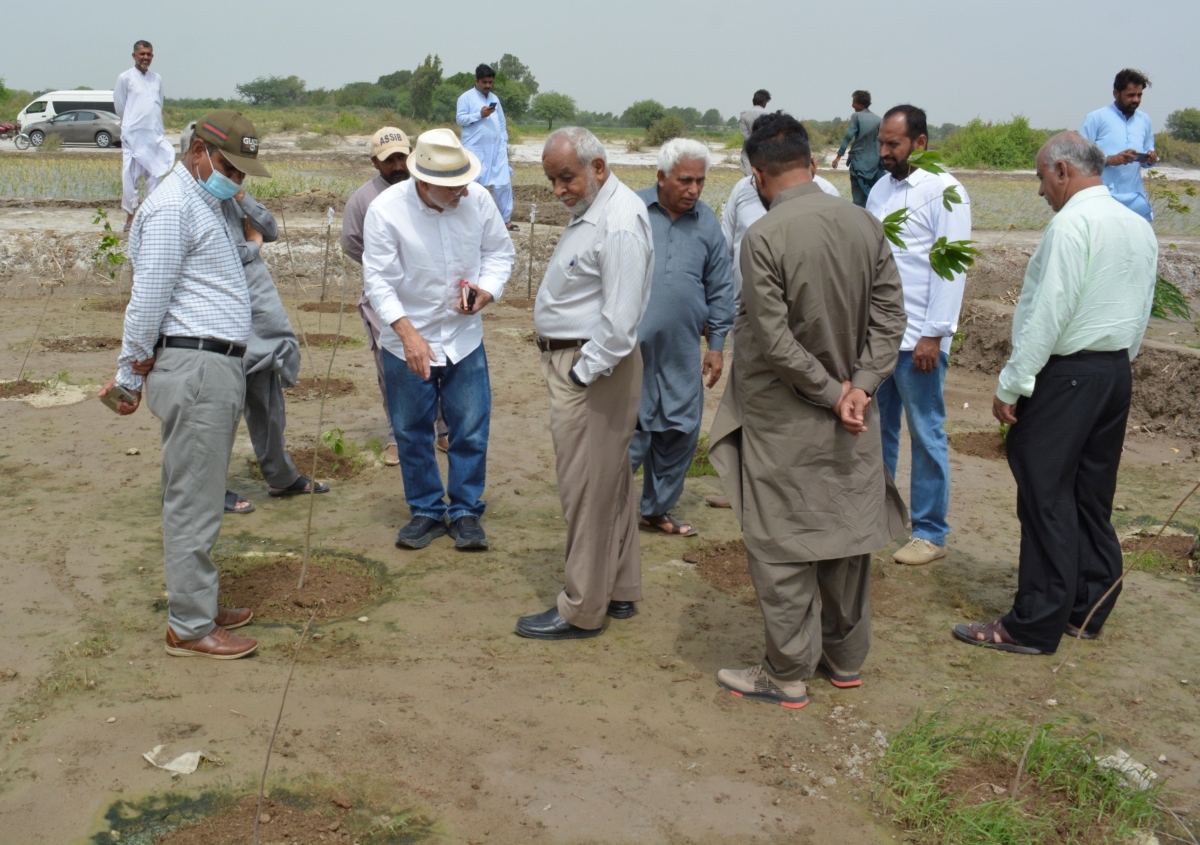
By Syed Wahaj Ahmed
Sindh Agriculture University (SAU) Vice Chancellor Dr Fateh Marri has said that the poverty rate of the country could be slashed by 50 per cent by cutting the post-harvest losses and scaling up the annual agricultural production by 5 per cent, while the agricultural sector can give better returns in the current economic meltdown.
He said this while addressing the Memorandum of Understanding (MoU) after signing a ceremony between SAU and Regional Bioscience Center Pakistan of the Centre for Agriculture and Bioscience International (CABI) held at the senate hall of the varsity. Dr Marri and Dr Babar Ehsan Bajwa, Senior Regional Director for Asia of CABI inked the MoU on various projects with regard to agricultural research, support to farmers and students.
The MoU is aimed to eradicate penury being faced by the resource-deprived farming community, improve and mainstream the development of sustainable agriculture, while this accord will provide support to student internships, experiments and scientific publications.
Speaking during the introductory session the VC said that agriculture can play a more effective role in the economic development of the country than industry and services sectors, therefore, there is a scope for revolutionary initiatives and investment for the private sector in agriculture.
“We will help the farmers to adopt better standards through the “better cotton project” with the CABI, we will be able to play a key role in the development of rural life and technical support of the farmers around 30 km through the plant clinic activity,” he said.
He said that it was a high time to establish “Quality Improvement Programme” focusing on all stakeholders, once the annual production of cotton was up to 17.5 million bales, which has fallen drastically to only 6 million bales.
Dr Bajwa said that the three-year “Better Cotton Project Programme” of SAU and CABI experts is being implemented in various districts of Sindh encompassing Sanghar, Matiari, Tando Allahyar and Mirpurkhas, while resulting in the food security of the country and decent living for small growers and their families who are often struggling to make both ends meet and sometimes, they have to get loans to bring up their families.
Prof Dr Abdul Mubeen Lodhi, Director Advanced Studies, said: “This programme will help boost the safe food supply by reducing the use of high-risk practices and facilitate increased agribusiness employment for women and youths.”
All those who attended and spoke on the occasion included Dean Dr Syed Ghiyasuddin Shah Rashidi, Registrar Ghulam Mohiyuddin Qureshi, Director of SAU Advancement and Financial Assistance Dr Muhammad Ismail Kumbhar, Dr Imran Khatri, Dr Aijaz Soomro, Noor Nabi Bhutto, Muhammad Ayaz Keerio, Naeem Aslam and others.
Later on, both the parties signed the agreement and exchanged documents, while the host and guests cut the ribbon and inaugurated the local center of CABI at the university.
What’s more, according to the website of the Centre for Agriculture and Bioscience International (CABI) is an international, intergovernmental, not-for-profit organization that improves people’s lives worldwide by providing information and applying scientific expertise to solve problems in agriculture and the environment.
“Our approach involves putting information, skills and tools into people’s hands. CABI’s 49 member countries guide and influence our work which is delivered by scientific staff based in our global network of centres,” it read.
CABI’s mission is to improve people’s lives worldwide by providing information and applying expertise to solve problems in agriculture and the environment.
CABI Medium-Term Strategy 2023-2025
CABI works on the biggest challenges facing humanity – hunger, poverty, gender inequality, climate change and the loss of biodiversity. “Our Medium-Term Strategy sets out what we plan to do in each of these areas by pursuing five major goals. The strategy covers each of these goals in turn, setting out the problem we seek to address; our relevant expertise; what we will do; and how we will know if we have been successful, with top-level indicators for each goal to provide a framework for judging our impact. Delivering on this strategy will contribute to the United Nations Sustainable Development Goals,” it read.










Great 👌
Oh! Gosh!